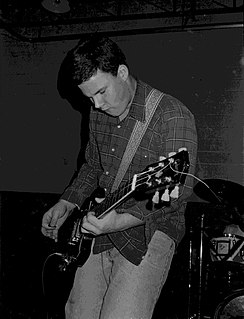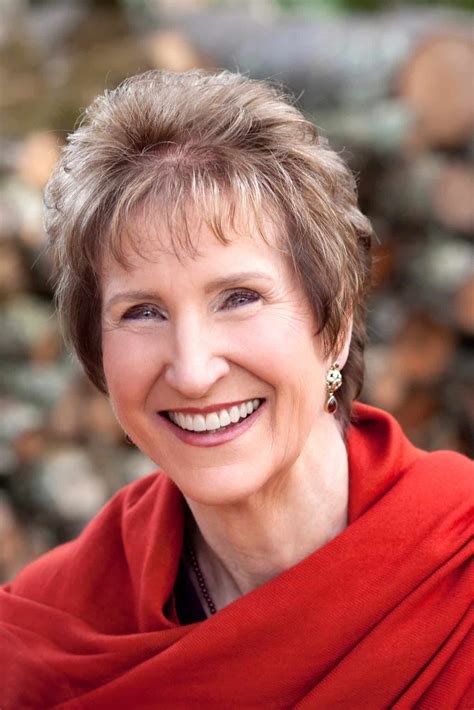A Quote by Steve Inskeep
The fact that - I mean, these are things to be talked about. You can't do anything without educating the public, right? And that's a slow work.
Related Quotes
A lot of me figuring out how to love myself more involves finding the things that I'm ashamed of and looking them right in the eye. And something I always find beautiful about Jesse's work is that he finds beauty without any calculation. People say that his work is dark, but he never sees it as such. For him it's all almost about educating people to process why they feel disgust.
A world without right or wrong was a world that did not want itself, anything other than itself, or anything not those two things, but that still wanted something. A world without right or wrong invited you over, complained about you, and gave you cookies. Don't leave, it said, and gave you a vegan cookie. It avoided eye contact, but touched your knee sometimes. It was the world without right or wrong. It didn't have any meaning. It just wanted a little meaning.
Rome tolerated every abominable practice, embraced every foul idea in the name of freedom and the rights of the common man. Citizens no longer carried on deviant behavior in private, but pridefully displayed it in public. It was those with moral values who could no longer freely walk in a public park without having to witness a revolting display. What happened to the public censors who protected the majority of citizenry from moral decadence? Did freedom have to mean abolishing common decency? Did freedom mean anyone could do anything they wanted anytime they wanted, without consequences?
Linguistically, and hence conceptually, the things in sharpest focus are the things that are public enough to be talked of publicly, common and conspicuous enough to be talked of often, and near enough to sense to be quickly identified and learned by name; it is to these that words apply first and foremost.
I'm still not sure I made the right choice when I told my wife about the bakery attack.But then,it might not have been a question of right or wrong. Which is to say that wrong choices can produce right results, and vice versa. I myself have adopted the position that,in fact, we never choose anything at all. Things happen. Or not.
Anyhow, there simply isnt enough room in the museums Fishes Hall, so weve decided to pretend to the public that a whale is actually a mammal without any legs. Its pathetically ridiculous-I mean to say, just look at the thing, its a gigantic fish if I ever saw one-but mums the word! In my experience the public will believe just about anything, so long as you write it down on a little piece of card.

































